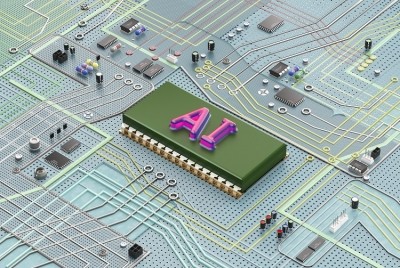Unilever’s first AI lab will focus on forecasting, trends, insights

Unilever has used AI in the past for other purposes, such as research into the gut microbiome, biotechnology, and consumer communication. But the new lab is all about data.
The AI Horizon3 Lab in Toronto, Canada will explore 15 main areas of focus. Most of these areas are still confidential, a Unilever spokesperson told FoodNavigator, but some areas of focus have already been outlined, including the three that will kick off the lab’s research: forecasting, modelling complex data relationships through graph technology, and the generation of insights into trends, patterns and predictions.
The lab “will initially focus on the three that have the greatest potential for making an immediate impact,” the spokesperson told us.
“The goal of the lab is to generate new concepts, designs, and projects that can be scaled and shared across the business globally.
“AI, as you know, is moving at such a pace that it is important to the business that we enable our teams to not only look at the current uses of AI, but also future business cases. Unilever’s “Horizon3 Labs” represent an increase in technology investment that grew out of the company’s focus on the use of AI to increase productivity and efficiency.
“Currently, Unilever is using this technology across its business, including generative AI in its customer service and marketing, and advanced analytics and machine learning in supply chain and logistics.”
The new lab will focus on is graph database applications, which will make sense of much of the company’s data. “The simplicity with which these graph databases can represent complex data offers many benefits such as facilitating visual representation of data and relationships,” said Gary Bogdani, Unilever’s Head of Data Science for North America and Canada D&A.
“They can also power recommendation engines by identifying connections between consumers and products, and support collaborative and social applications by efficiently managing connections between users, posts and interactions.”









